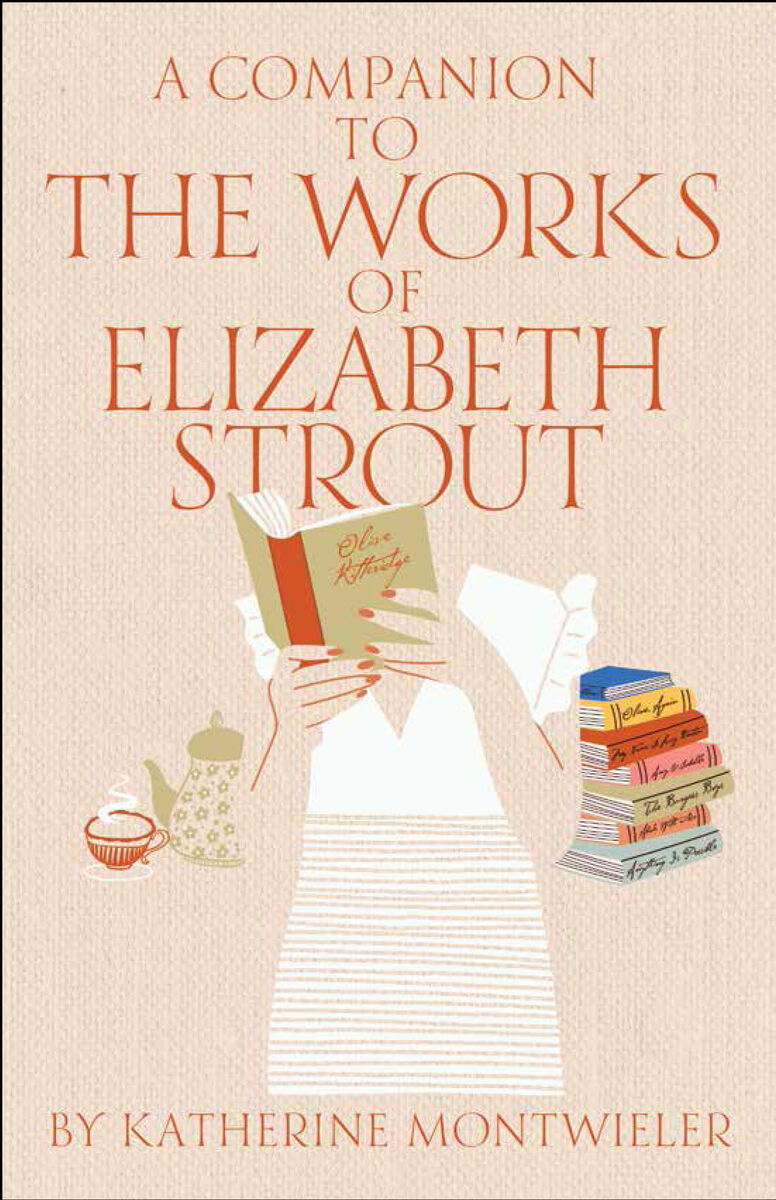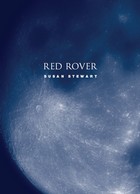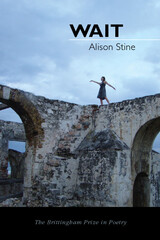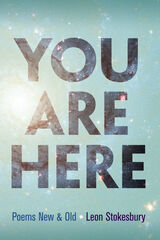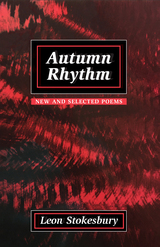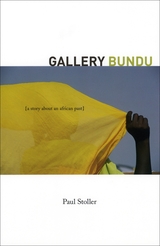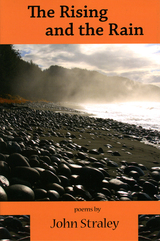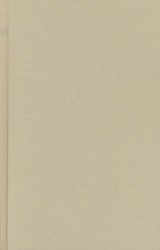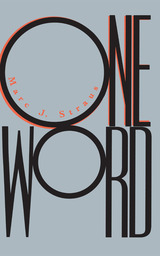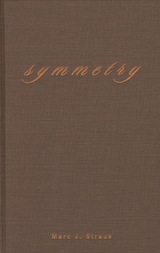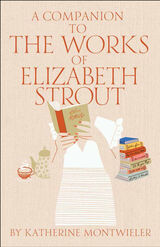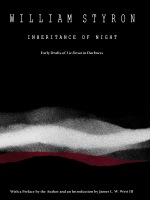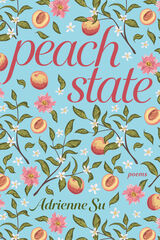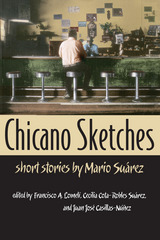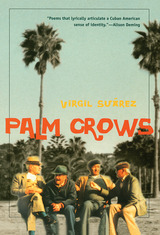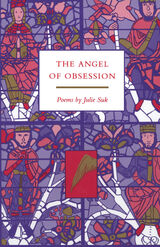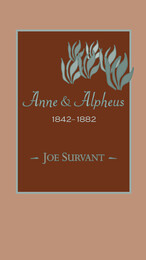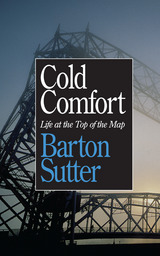A Companion to the Works of Elizabeth Strout
Ohio University Press, 2022
eISBN: 978-0-8040-4122-5 | Cloth: 978-0-8040-1240-9 | Paper: 978-0-8040-1241-6
Library of Congress Classification PS3569.T736Z78 2022
Dewey Decimal Classification 813.609
eISBN: 978-0-8040-4122-5 | Cloth: 978-0-8040-1240-9 | Paper: 978-0-8040-1241-6
Library of Congress Classification PS3569.T736Z78 2022
Dewey Decimal Classification 813.609
ABOUT THIS BOOK | AUTHOR BIOGRAPHY | REVIEWS | TOC
ABOUT THIS BOOK
Including an exclusive interview with bestselling American novelist Elizabeth Strout, this groundbreaking study will engage literature scholars and general readers alike. Written in accessible language, this book is the first to offer a sustained analysis of Elizabeth Strout’s work. A recipient of the Pulitzer Prize and the O. Henry Award, among other accolades, Strout has achieved a vast popular following as well. Amy and Isabelle was made into a television movie; Olive Kitteridge, which sold more than one million copies, was adapted as a miniseries; The Burgess Boys has been optioned for HBO; and My Name Is Lucy Barton was reimagined for the stage in London and on Broadway. Oh William!, the sequel to My Name Is Lucy Barton, appeared in 2021, and Strout’s latest book, Lucy by the Sea, is slated for release in fall 2022. At the height of her literary powers as a chronicler of American life and particularly the lives of American women, Strout is currently enjoying both commercial and critical success. Her sales and perennial presence on book club lists indicate a tremendous impact on the popular realm and the growing attention to her in academia charts her importance in American letters. This book will satisfy readers looking for a serious, in-depth introduction to Strout’s work, as well as those interested in women’s writing, contemporary fiction, ethics, and literature. It includes a new interview with Strout in which she discusses these issues. Montwieler traces the evolution of Strout’s voice, themes, and characters, which uniquely address American twenty-first-century feminine perspectives and sensibilities. From classic domestic spats between a mother and daughter to hate crimes aimed at mosques, from sweeping forays into decades past to snapshots of contemporary life, Strout compassionately portrays humanity at its most brutal and its most intimate. Though her canvas is vast, her eye for detail is astute and her ear for nuance is keen. Looking across Strout’s work, Montwieler explores how she portrays the endurance of hope, the complexities of family, the effects of trauma on individuals and communities, the sustaining power of the natural world, and the effects of place on personal and collective character. Strout’s creations cultivate empathy in her readers, teaching them to be attuned to the suffering of others and to the human need for connection. Across her work and in the new interview included within this book, Strout shows her readers that they are not alone in this impersonal, often violent world. The connection that acknowledges our limitations, our woundedness, our capability to do harm, our remorse, and our recognition of beauty and humor distinguishes Strout’s unique contribution to contemporary American letters.
See other books on: American fiction | Companion | Feminist | Women authors | Works
See other titles from Ohio University Press
